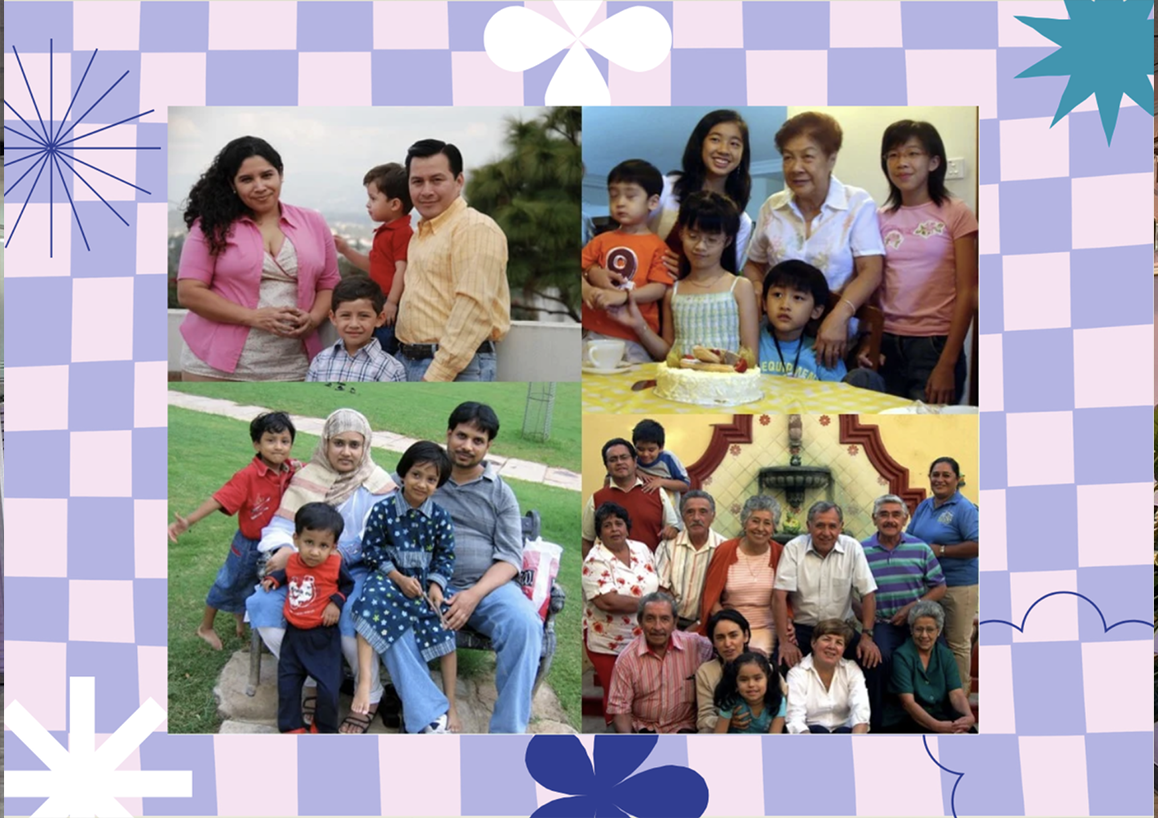“Care as Resistance: Gendered Immigrant Networks and Practices in Immigrant Families”
Immigrant families in Los Angeles regularly confront the trauma of immigration enforcement and the threat of family separation. In response, women and gender-diverse individuals frequently step forward as leaders within informal care networks, providing essential emotional and practical support. This project by Dr. Tatiana Londoño explores how these gendered care networks foster collective resilience and well-being among immigrant families, with a particular focus on amplifying the voices and experiences of women and gender-diverse caregivers.
The primary purpose of this research is to recognize and elevate the undervalued labor of immigrant women and gender-diverse individuals, who are often at the heart of family and community support systems. By centering their stories, the project challenges patriarchal norms and highlights the critical role of collective care in sustaining mental health and community resilience. Furthermore, the research aims to inform the development of trauma-informed, gender-equitable interventions tailored to the unique needs of Los Angeles’s diverse immigrant population, while also advocating for policies that acknowledge caregiving as vital community infrastructure.
To achieve these goals, the project employs a participatory, community-engaged approach. Community dialogues, or pláticas comunitarias, create safe spaces for participants to share their experiences with trauma, caregiving, and resilience. These conversations are organized by gender identity to ensure that diverse perspectives are heard and valued. Additionally, participatory action research actively involves participants as co-researchers, ensuring the study remains grounded in real community needs. Encrypted digital storytelling is used to allow participants to document their experiences securely, protecting their privacy in an environment where surveillance and enforcement remain constant concerns.
The study’s analysis uses intersectional thematic coding to identify patterns in gendered caregiving, resilience strategies, and the operation of informal care networks. It pays particular attention to how intersecting identities—such as race, immigration status, and gender—shape access to resources and resilience strategies.
The project is highly relevant to current times, as Los Angeles’s immigrant communities continue to face systemic barriers to mental health and social services. By focusing on collective care and gendered resilience, the research addresses critical gaps in support and offers practical insights for building stronger, more supportive communities.
Ultimately, the findings will advance feminist social work frameworks centered on gender equity and collective care, inform policy advocacy, and empower participants by validating their experiences and expertise. This project not only strengthens the resilience of Los Angeles’s immigrant communities but also provides a model for systemic change rooted in justice, equity, and the enduring power of community care.
People
Tatiana Londoño
Dr. Tatiana Londoño is an Assistant Professor of Social Welfare at UCLA and a first-generation Latina born in Colombia. Her research focuses on the mental health and psychosocial well-being of Latine/x immigrant youth and families, with a focus on the impacts of migration and resettlement. She uses community-based participatory methods, centering the voices of the community. With a PhD and MSSW from the University of Texas at Austin and a BA from Vassar College, Dr. Londoño’s work informs trauma-informed, culturally responsive interventions and policy for immigrant communities.



